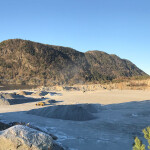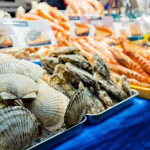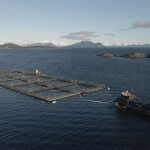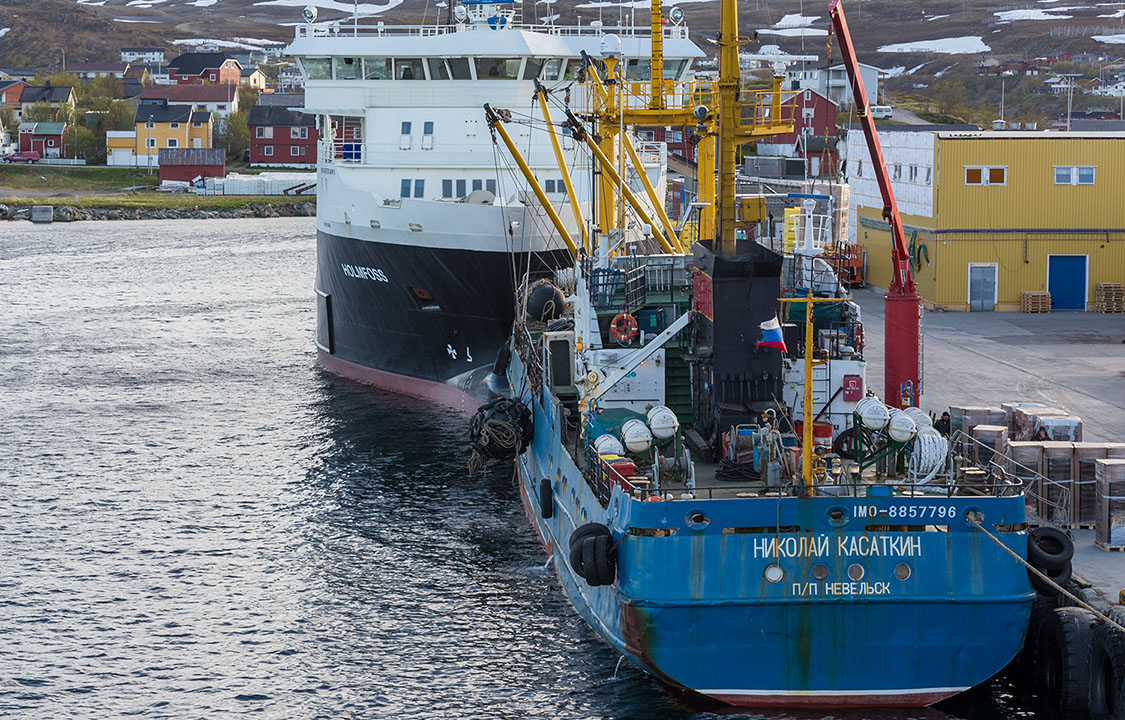The Norwegian government is introducing new restrictions on how Russian fishing vessels can land catch in the country, increasing its scrutiny on vessel activities.
In October 2022, Norway limited Russian fishing vessels to just three ports – Kirkenes and Båtsfjord in the Barents Sea and Tromsø in the Norwegian Sea. Norway implemented the restrictions in 2022 in response to the latter country’s invasion of Ukraine.
Those restrictions also included closer inspections and security checks at the ports that they could visit. Former Norway Foreign Minister Anniken Huitfeldt said at the time the vessels were still being allowed into Norway to maintain the joint management of fish stocks in the Barents and Norwegian seas – an issue that Norway Fisheries and Oceans Minister Marianne Sivertsen Næss said is still important.
Now, the government has announced further restrictions and controls at the three ports limiting how long and where Russian vessels can dock. The government said it also plans to increase police activity.
“It is a fundamental Norwegian interest to look after the fish stocks in the Barents Sea. It is important for employment and settlement in the north, especially in Finnmark,” she said. “At the same time, we must ensure that no unwanted activity takes place in the three ports that are partially exempt from the extensive port ban we have along the coast. Now, we will introduce new restrictions that take into account both sustainable management and better control in the ports.”
Norway said that the biggest increase in police activity will be at the port in Båtsfjord and that it plans to ensure the customs service and the police “share information more closely.”
“We have closed all ports to Russian vessels, with the exception of three ports which are partially open to Russian fishing vessels,” Norway Minister of Justice and Emergency Preparedness Emilie Enger Mehl said. “Inspection activity is already high, but the police and customs are now strengthening their inspection; we are placing stricter requirements on Russian fishing vessels when staying in port.”
Among the restrictions are limits on time for Russian vessels docking in Norway. Previously, vessels had no restrictions on how long they could stay at a berth in the three partially open ports. Now, those vessels will have a maximum of five working days at any port, limited to seven days including weekends and holidays. In addition to that, at least three days must pass since the prior stay in a Norwegian port.
When in the port, Russian vessels will now also be limited to certain quay facilities. At those facilities, the vessels will face increased scrutiny from customs, the police, and the Norwegian State Police and the Norwegian Armed Forces will “continue to monitor all maritime activity.”
Norway’s increased scrutiny of Russian fishing vessels comes after the Netherlands officially cut off access to its ports following investigations published by local media outlet Pointer claiming the vessels were being used to spy on Dutch ports. Initially, the Netherlands provided exceptions for Russian-flagged vessels delivering food products – including fishing vessels. It also comes after Norwegian public broadcaster NRK published a story claiming some Norwegian vessels were helping Russia circumvent bans in other European ports.
Norway’s new port restrictions also came a day after it announced it has aligned itself with new European Union sanctions against Russia targeting its energy, finance, and trade that include restrictive measures on 116 individuals and entities.
“Russia is not investing in its own future but is staking everything on a victory on the battlefield. This is having a major impact on Norwegian and European security. Increased Western support for Ukraine is the best way to ensure that Russia is not victorious,” Norway Minister of Foreign Affairs Espen Barth Eide said.








